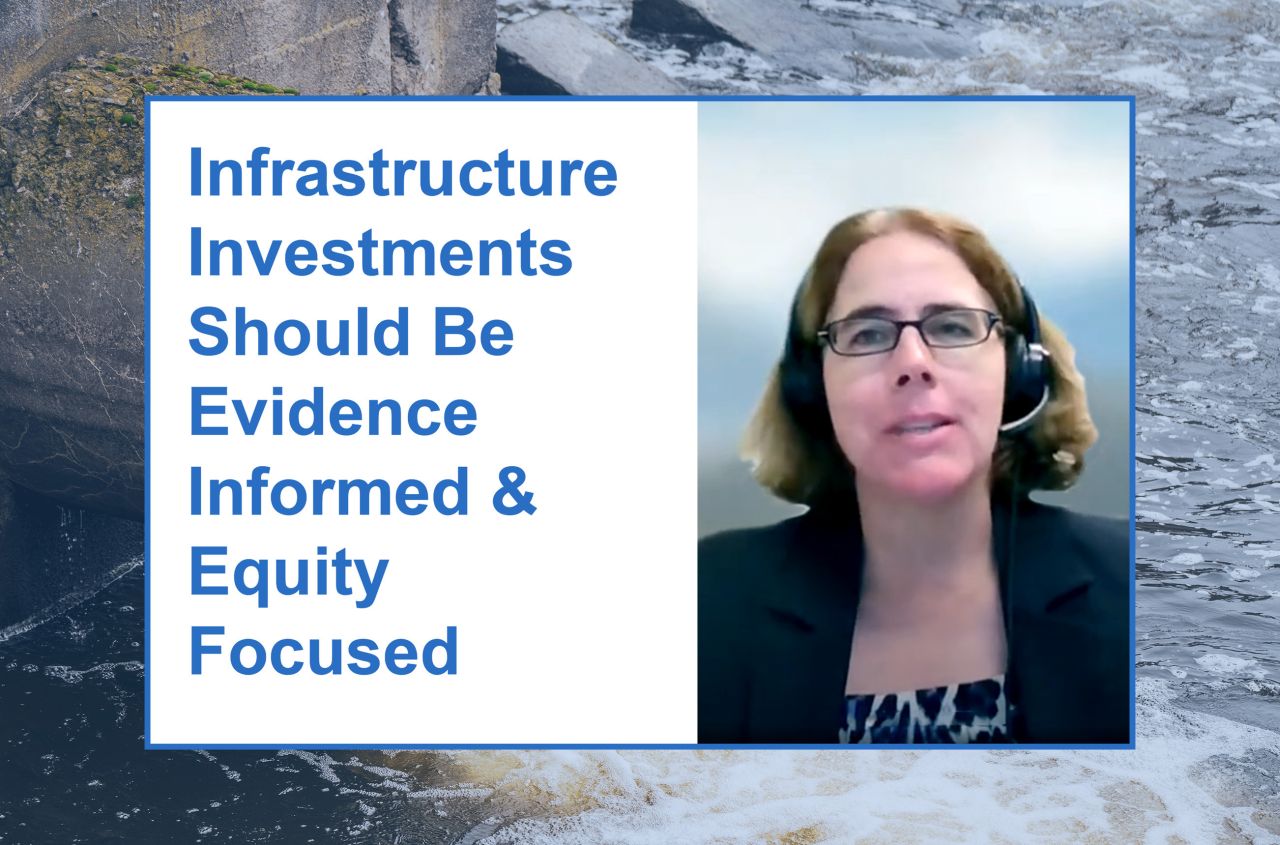
Science Communication
Effective science communication is essential for bridging research and real-world impact. Through public engagement, media outreach, and collaboration with policymakers, we share our findings on infrastructure resilience, climate adaptation, and water governance in accessible and meaningful ways.
- On this Page
- Podcasts & Videos
- Featured in the Media
- Presentations
Sharing Ideas Beyond the Lab
Risky Weather, Resilient Impact
Dr. Kirchhoff collaborated with Dr. Chesney McOmber, Elphin Tom Joe, and the Maine Department of Environmental Protection on a recent project seeking to understand the impact of Maine's Climate Adaptation Planning program for wastewater systems, administered through the states Clean Water Revolving Fund program. The increasing frequency and severity of extreme weather, along with rising seas challenge critical infrastructure around the world, including in the United States. Wastewater systems, often located in low-lying areas, are particularly vulnerable to increased storminess, flooding, and related impacts which can cause power outages, flooded facilities, and damaged infrastructure. This video explores how states like Maine are helping communities adapt and build resilience.
While efforts to improve planning help, moving from planning to implementation is an ongoing challenge. Through collaboration between state agencies, local governments, and utilities, communities can transform their most vulnerable infrastructure into systems that bounce back stronger.
Growing Impact: Solar-powered water treatment
Dr. Kirchhoff was a guest on Season 4 of Growing Impact, a podcast by the Institute of Energy and the Environment at Penn State. Each episode of Growing Impact explores cutting-edge projects of researchers and scientists who are solving some of the world's most challenging energy and environmental issues.
Wastewater treatment plants serve approximately 75% of Americans—more than 248 million people. However, many people do not recognize the energy burden these facilities create, which can be more than 30% of a municipality's energy bill. Most of this energy comes from fossil fuels. With rising energy costs and the worsening climate crisis, some wastewater treatment plants have started using solar energy. Because solar adoption at wastewater treatment plants is still relatively new, there is little known about these facilities, including where they are, what drove them to choose solar, and if solar has been a success. A team of researchers looks to fill in those gaps with a new project.
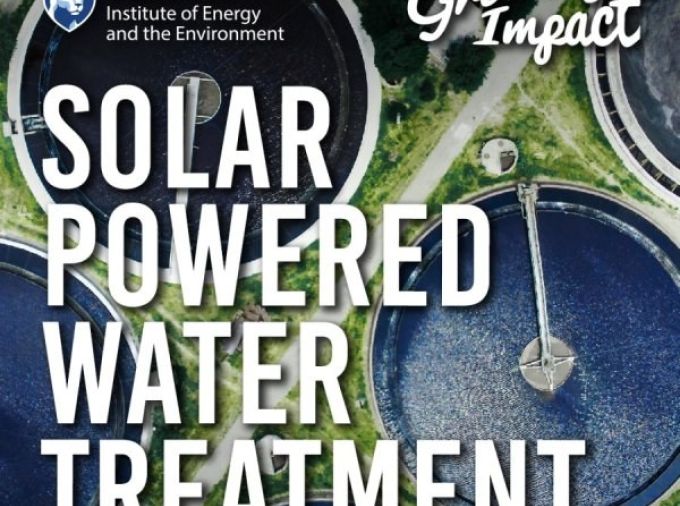
Solar-powered water treatment
With rising energy costs & the worsening climate crisis, some wastewater treatment plants have turned to solar power, but little is known about these solar-powered plants. A team of researchers seeks to learn more about these plants and whether solar has been a success.
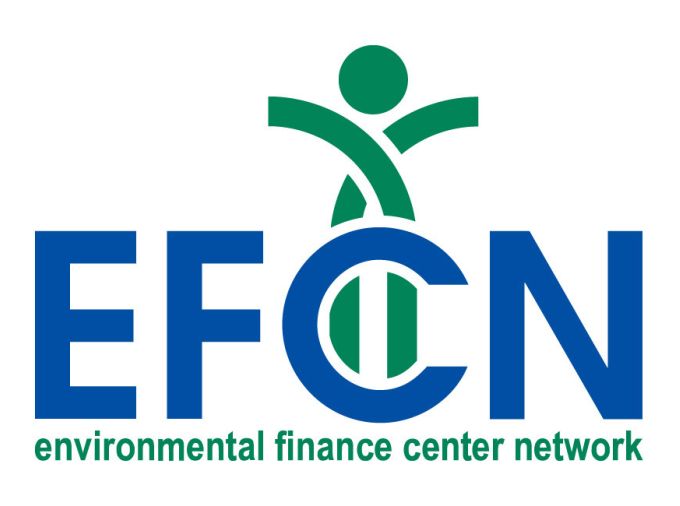
How are Wastewater Systems Adapting to Climate Change?
Severe storms & flooding can damage wastewater systems, causing power outages, sewer overflows, and water treatment issues. Dr. Kirchhoff shares her research on how big & small wastewater systems can strengthen their systems and prepare for the future.
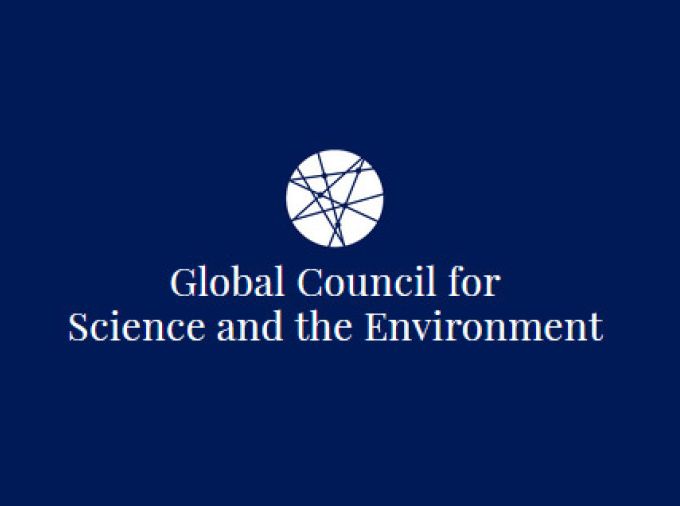
Science as Actionable Knowledge Video Series
Through real-world examples and advice from these experts, viewers will learn how to create actionable knowledge, the skills and attitudes needed for actionable knowledge, and tips for how to make research more diverse, inclusive, and culturally relevant.

Featured in the Media
More Media Coverage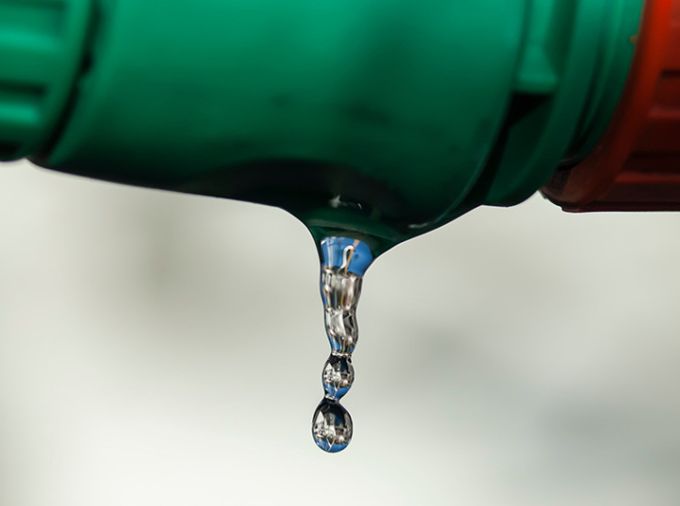
November 29, 2021
Recycled water can boost sustainable agriculture — if we get over the ‘yuck’ factor [Washington Post]
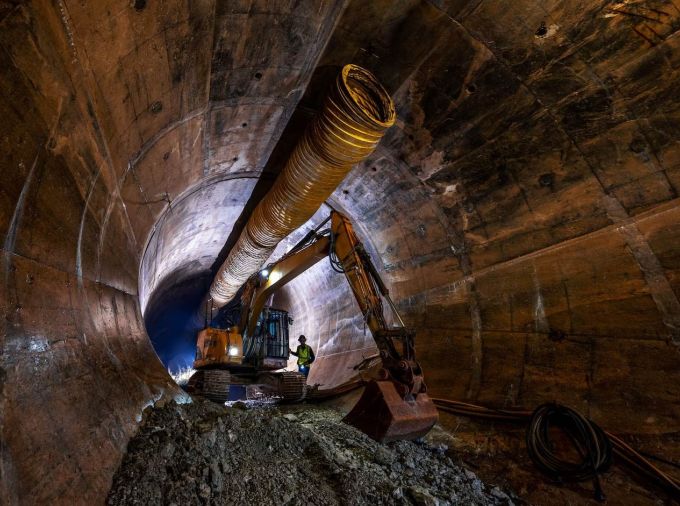
July 17, 2023
Here’s what worries engineers the most about U.S. infrastructure [National Geographic]

October 01, 2023
Listen to Growing Impact: Solar-powered water treatment
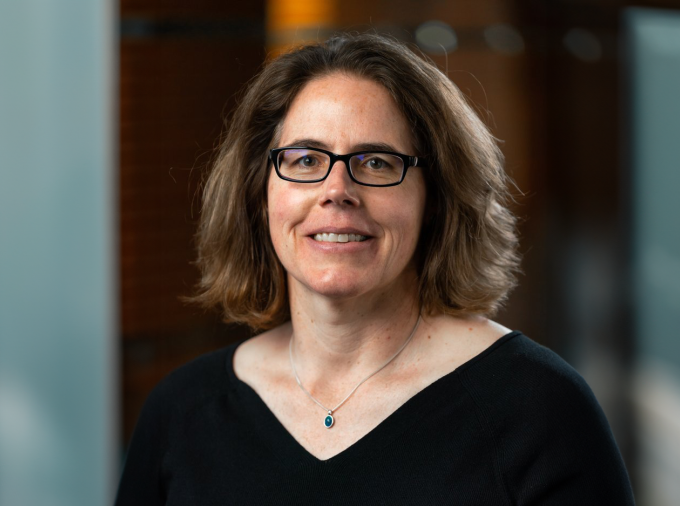
December 02, 2021
'We need giant steps': Experts on impacts of extreme rainfall, drought [USA Today]
Presentations
Investing in Infrastructure
As a panelist for Investing in Infrastructure: Promising Practices for Evidence-Informed and Equity-Focused Spending, sponsored by the PEW Charitable Trusts, Dr. Christine Kirchhoff spoke about the importance of engaged research—especially co-production—in helping water and wastewater systems become more resilient to climate change.
